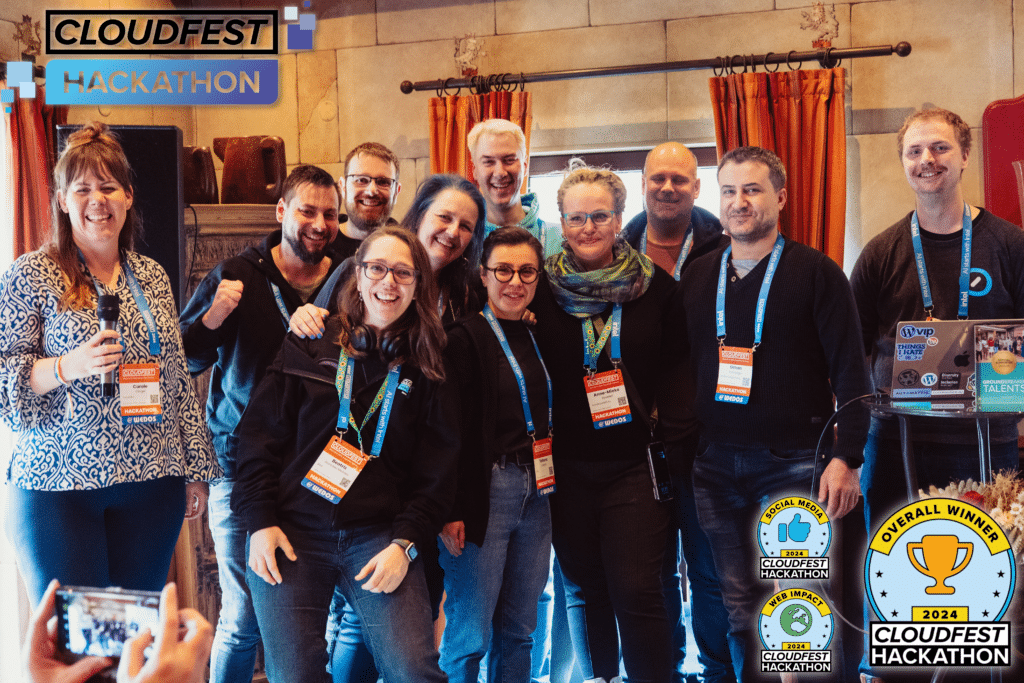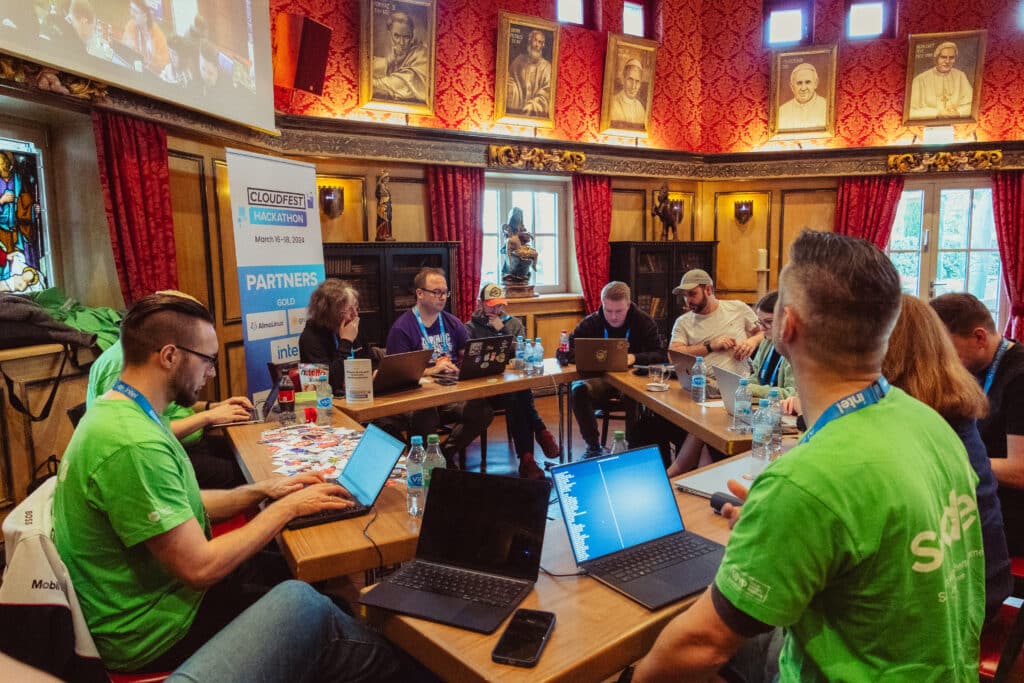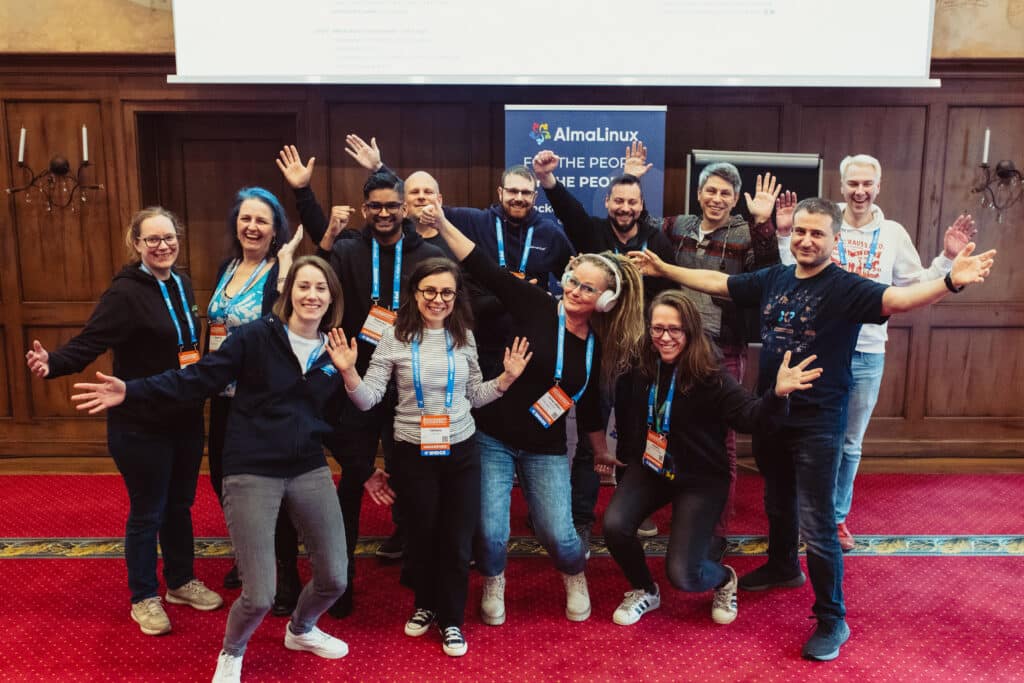Empowering the Open Web:
Highlights from CloudFest Hackathon
As we close the chapter on CloudFest Hackathon 2024, held in the enchanting Europa-Park in Rust, Germany, it’s time to celebrate the remarkable journey we embarked on together. This year’s event took place in the three days leading to our flagship event CloudFest and once again wove a vibrant tapestry of innovation, collaboration, and a shared dedication to fostering a better open web.
Let’s delve into the event’s highlights, achievements, and invaluable contributions from our community.
CloudFest Hackathon in Numbers
This year’s hackathon broke new ground in scale and spirit, highlighted by these impressive figures:
12 Partners & 3 Media Partners
Their unwavering support was instrumental in bringing our vision to life and amplifying our message.
11 Projects
Showcasing the diversity and creativity of our participants across a wide array of technologies and challenges.
124 Attendees from 26 Countries
Bringing a rich mosaic of cultures, ideas, and perspectives
> 300 Applications
Reflecting the tech community’s growing interest and enthusiasm for our mission.
+2500 Human-Hours of Hacking
Demonstrating the dedication and hard work poured into developing open-source solutions.
6 Awards across 4 Winning Teams
Celebrating innovation, collaboration, outreach, and impactful solutions.
€4,500 for Groundbreaker Talents
Our collective contribution to the future of tech through education.
33% female & non-binary attendees
Together, we are striving for greater diversity in our industry.
+25 Blue Fire launches
Establishing a new record of 13 consecutive rides!
The Heartbeat of the Hackathon
This year’s hackathon vibrated with positive energy, fueled by a commitment to innovation and a collective ambition to enhance the open web. It became a fertile ground for new ideas, fostering new friendships and strengthening old ones. Participants from across the globe, regardless of their gender, age, or background, united in a shared passion for open-source and positive change.
A standout achievement was our strides towards greater diversity. With one-third of participants identifying as female or non-binary, and representation from 26 countries, we’ve made significant progress in fostering an inclusive tech community. The success of numerous women and underrepresented folx leading or co-leading projects, and their representation on stage during the presentation of results, underscored the event’s empowering ethos.
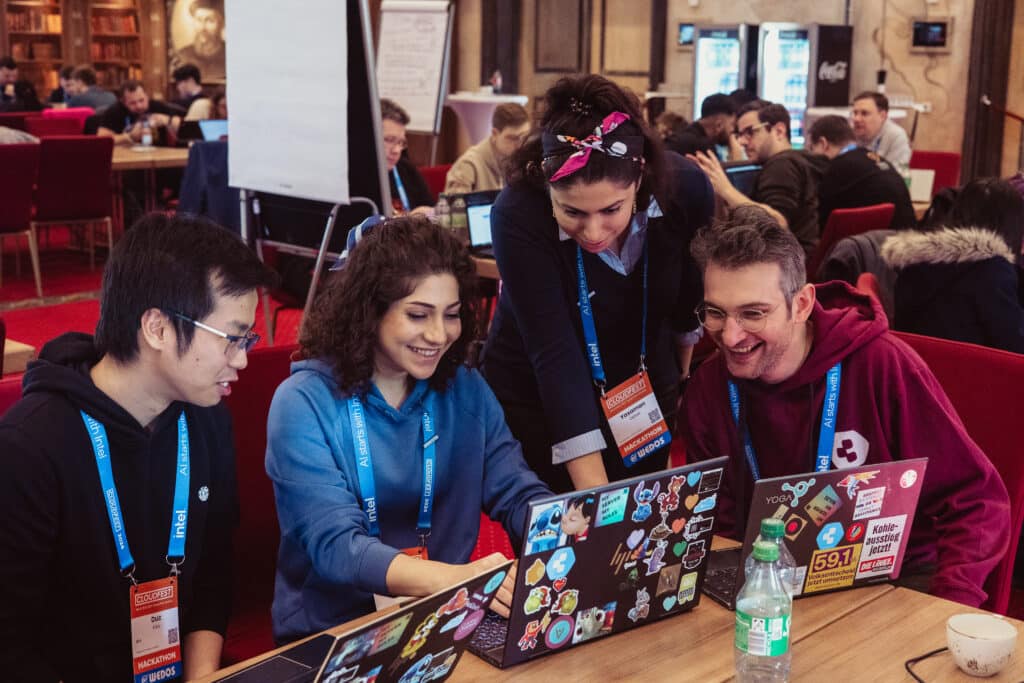
The Venue: Tradition Meets Innovation
Nestled in the Santa Isabel Hotel, inspired by the historic grandeur of Portuguese monasteries, the hackathon venue perfectly encapsulated our spirit: a blend of rich tradition and cutting-edge innovation. The Convento and Refectorium spaces were not just rooms but crucibles of creativity, where ideas took flight. The unique setting, watched over by images of popes and monks, added an unparalleled charm to our coding marathon, infusing our work with inspiration and a sense of history.
Looking ahead, we’re already brewing something exciting for 2025. Can we top this venue? Stay tuned!
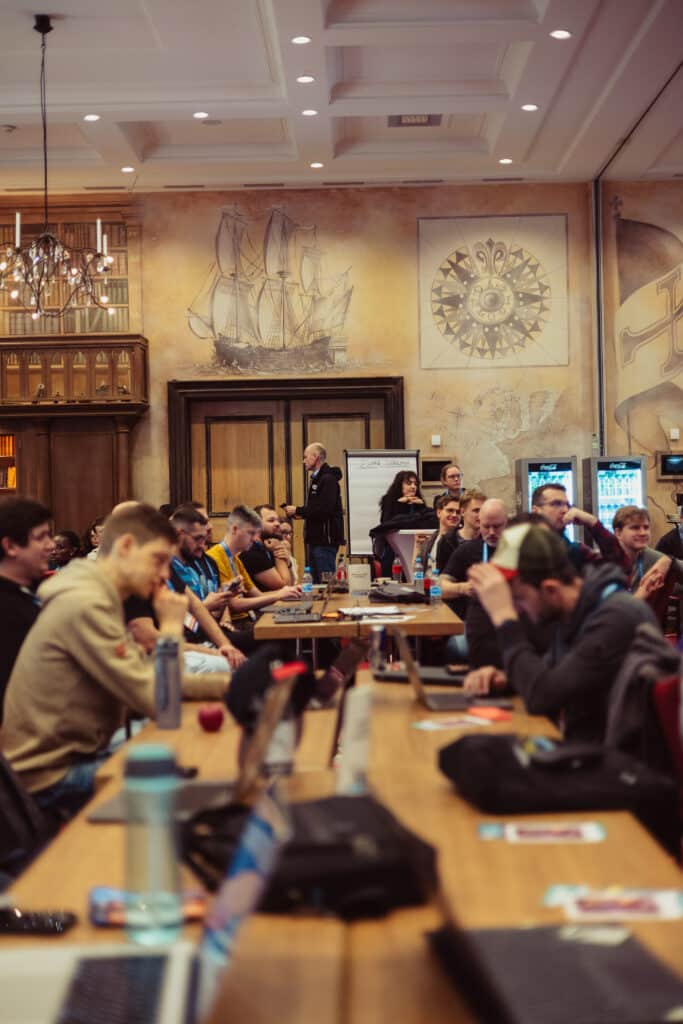
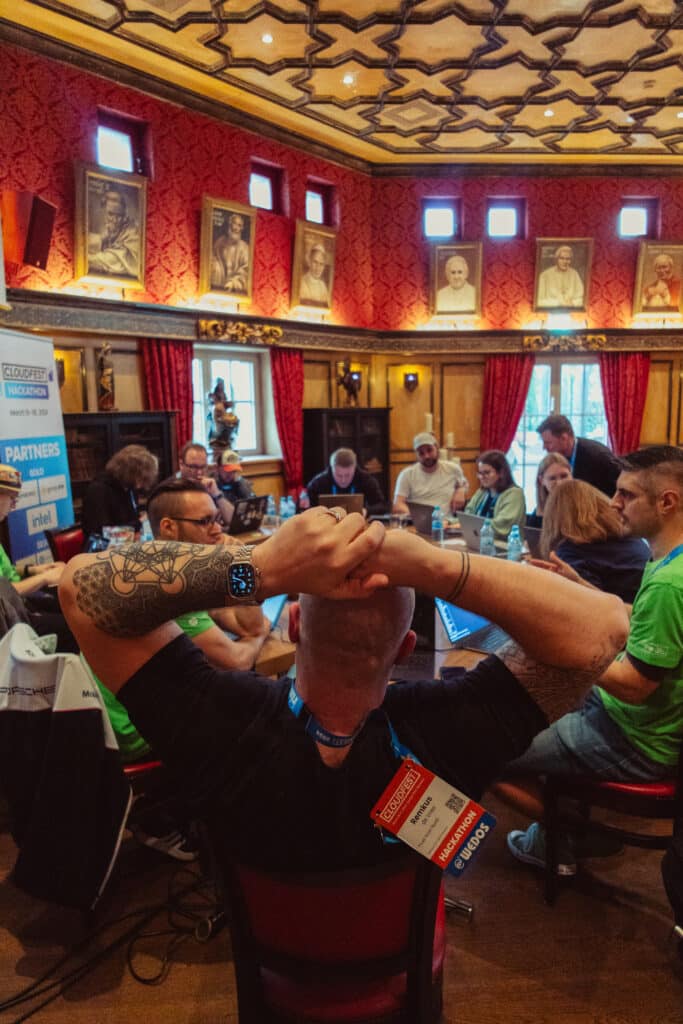
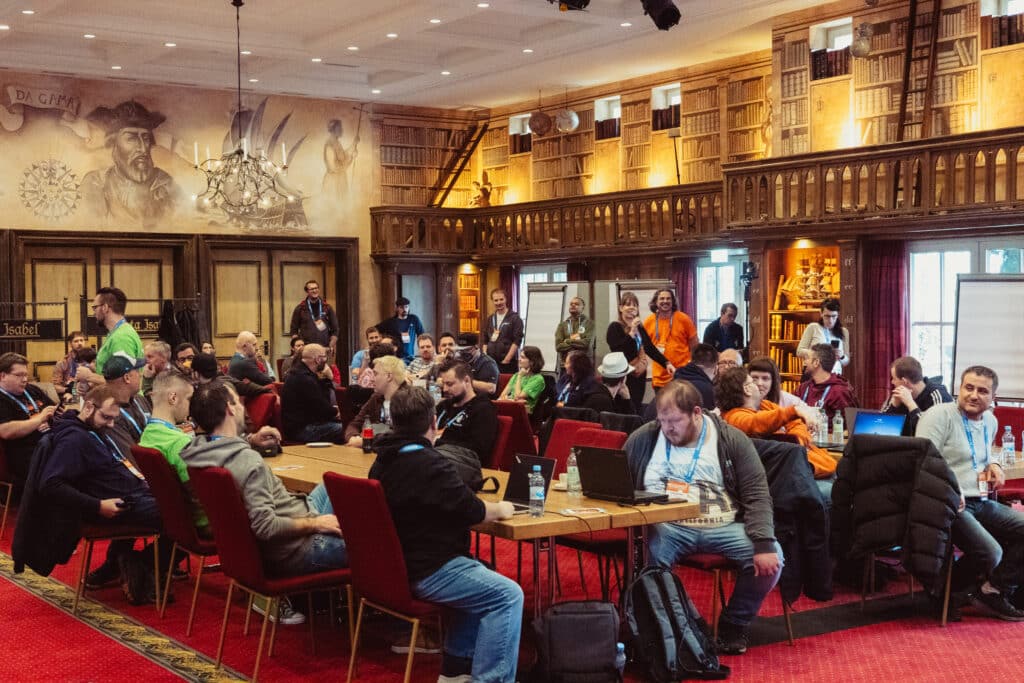
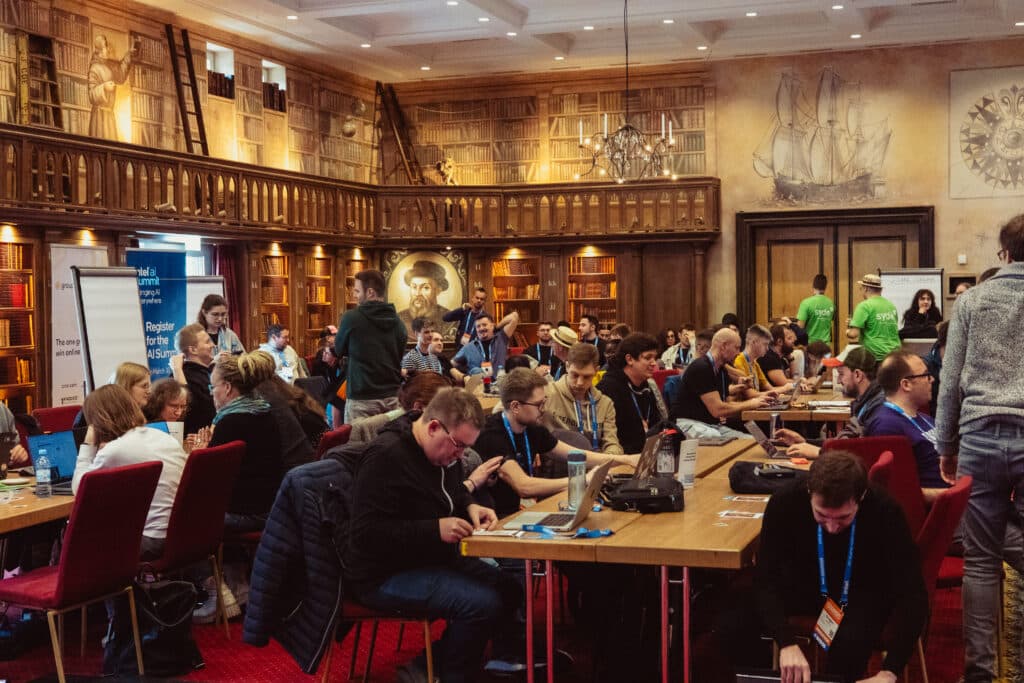
The Core: Project Results
The core of the CloudFest Hackathon lies in the projects themselves—a diverse array of challenges tackled by talented teams, aiming to make a significant impact on the open web. This year, each of the 11 projects brought something unique to the table, from enhancing web accessibility and security to pioneering new integrations and open-source solutions.
Impressions by project lead Anne-Mieke Bovelett
On the second day of the Hackathon, in the morning, I clicked the link to the page of our MVP. And boom! The dream and vision of CanEveryoneUse was there, for all to see. It was real! Someone ran by and asked how I thought things were going. “800% above expectation!” I yelled, not because I thought our team couldn’t create this. But because they managed to do so in such a short time.
The goal was to start developing a central resource for developers, similar to CanIUse.com. However, in this case, it should display very practical information about the accessibility of the components in their library of choice. Not only that, but also how to improve each element that is not (fully) accessible yet.
Getting started with a project, and still having to define so much, was rough. But it was important to let the developers lead the way in HOW they wanted this massive accessibility resource to be. Because it’s exclusively for them.
The next challenge was for the team members who assisted with research. They were requested to go around all tables to ask questions. We needed to define our users (persona), for example. Besides that, we had to build a website for the project quickly. And even if we knew we could not make the actual MVP fully accessible, we knew we could definitely have an accessible website for the project, because we could use the suite sponsored by Greyd. And we were blasting over social media. Because we wanted the whole world to know there’s a great accessibility resource coming for developers.
One of the team members, Nina Jameson, was a first-timer at the Hackathon. She sent us this: “The hackathon was incredible! It had such a warm and inviting atmosphere, and everyone there was so passionate about open source. It was my first time attending, and I was pleasantly surprised by how quickly I felt right at home. The collaborative spirit of the event really struck me and how everyone rallied together to help each other with their projects. I especially liked the EveryoneCanUse project because it has so much potential. Can’t wait to contribute and to see it evolve and improve over time.”
Big thanks to the organization, my team, and the sponsors. The biggest winner of this project is accessibility itself. We’re coming one step closer to making the digital world accessible to all.
Links:
caneveryoneuse.com
GitHub
X (Twitter)
LinkedIn
Mastodon
CFH project page
Hackathon results by project lead Andrew Hutchings
The project brief was quite simple for a technology that no one outsidea small team had seen before: create a PHP framework/library so that the new MariaDB Catalogs feature could be integrated with admin panels that deploy websites. MariaDB Catalogs itself is the containerisation of databases and users within the MariaDB Server, allowing hosting providers to save resources and properly isolate their customers in a single MariaDB Server.
Unfortunately, not everything went to plan. MariaDB Catalogs has not been released yet. We were planning to have an alpha before the Hackathon, but things were not ready in time. We ended up using a source build pulled from one of Monty’s servers in a basement in Finland.
Despite this, the team quickly reached the point where we had a Docker image we could all use. There were new bugs they hit, but they rapidly worked around them.
By the end of the Hackathon, we had a functioning library in Packagist and integrations of this into the WordPress site installer, WP-CLI, and Laravel.
The MariaDB development team learned a lot from the team, which was the first people ever to try the Catalogs feature. This has fed back into the feature to make it even easier to use once it is released later this year. It is thanks to the team’s work that we went on to win the “Future of the Web” award at the Hackathon.
I may be biased, but I fully agree that this is a game-changer for hosting websites, and making it easier to use is an even bigger win.
Links:
GitHub (PHP framework)
GitHub (WP integration)
GitHub (Laravel integration)
GitHub (WP-CLI commands)
CFH project page
A recap by project co-lead Lars Gersmann
The JSON Schema Field/Form Renderer Project was a great success. We have successfully implemented JSON schema renderer prototypes based on Gutenberg UI as well as HTML2.
With these renderers, developers can define data structures with JSON Schema that render forms in both Gutenberg UI and pure HTML5 without writing a single line of code. This means it is now possible to define forms, plugin settings pages etc. for WordPress with significantly less effort.
The use of JSON schema field/form renderers also enables the modernization of the WordPress admin interface. As part of the Hackathon, we implemented the WooCommerce Plugin Settings page (partly) using the Gutenberg Form Renderer as an example.
A playground was also created for the interactive development of JSON schema forms with live previews.
As a bonus, a WordPress Custom Post Type was also implemented, which uses the form renderer to edit the post type properties.
Using JSON schema as a technology for defining forms opens up new possibilities and saves development time.
We will continue to work on perfecting the renderers in the hope of making this great piece of software in WordPress available to all developers.
A recap by project co-lead Stephan Luckow
The first half of day 1 served to sharpen the scope of the project. We identified a big problem: where to collect the relevant domains with metadata, what kind of website and who is the responsible entity. We found some GitHub repositories with thousands of domains from the public sector. From there, we came to the conclusion that wikidata was our source of truth. Some of us read the wikidata documentation on how to query the API endpoint and started programming a script to automate the queries.
Although we knew that our prototype should end up as a website, we decided to build a toolchain that fulfills the requirements for a sustainable infrastructure. We looked at the apps on our self-hosted app platform and found directus as an app in the automatic update process from our sponsor Cloudron. Fun fact: no one at the table had ever had any experience with creating headless cms projects. Almost a third of us worked in front-end development. They decided to use React as our frontend framework. The wikidata query people worked with some other backend developers to set up more scripts for the various API endpoints.
- wikidata to collect the domains with metadata
- versionmanager to obtain information about the CMS
- directus to save the results.
Due to the backend developers’ taste, they decided in favor of Python as the main language.
Ah. And because nobody could really remember the title of the project (Public Sector Website Funding Transparency project), we came up with a catchier title. Welcome: Follow the money.
The collection of public sector domains shows us some implications. How can quality assurance be carried out on more than 10,000 domains? Not in one weekend. Therefore, for the prototype, we decided to analyze only almost 1,000 domains from the category of municipal websites.
We harvested them directly from wikidata, got their metadata (which city belongs to which state), examined the version manager results, and set up a feedback loop to add about 10 small CMSs from companies we’d never heard of.
At the same time, Tim added the Lighthouse framework to versionmanager. As a result, we can now display accessibility metrics in our results list.
Later, we decided not to show the versions of the identified CMSs in detail publicly. Nearly 30% of the websites analyzed run on outdated software and are potentially vulnerable.
While the results were being honed and QA’d, our front-end team got to grips with design and user experience. After a brief round of questions, we suddenly had a logo for the project.
We used the last few hours before the final countdown to fine-tune the prototype. A small team prepared the presentation, while the others looked at the final results and made comments to achieve better results.
Our first conclusion from the findings:
- 70% of all websites rely on FLOSS CMS (great)
- 1st place of FLOSS CMS goes to TYPO3
- almost 30% of FLOSS CMS websites lack security updates
Here’s the current state of the project: Internal Project Page.
Links:
follow-the-money.org
GitHub
CFH project recap
CFH project page
A summary by project lead Birgit Olzem
The “Inclusive Language Checker for Open-Source Contributors” project aimed to make online spaces more welcoming by helping people use kinder and more inclusive words when creating WordPress content. This tool, developed during the CloudFest Hackathon in 2024, suggests better word choices to ensure everyone feels included, especially those from different parts of the world.
Our main goals were to ensure content is easy for everyone to understand, respectful to all, works well within WordPress, and helps people from various backgrounds contribute more easily. Thanks to our team’s hard work, we built a basic version of this tool that does just that. It gives immediate advice on improving your writing to be more welcoming and is open for anyone to help make it even better.
One challenge we especially remember was deciding which words should be changed. It was a big task and sometimes tough because we had to think about words that might make people feel left out or upset. Everyone on the team worked extra hours, showing great dedication to ensure our tool was thoughtful and careful. We also learned a lot from the technical side of things, like fitting our tool into WordPress in the best way.
Starting this project was just the beginning. It’s already starting important conversations about making sure everyone feels welcome online. We’re excited to keep working on it, improving it, and seeing how it helps bring people together. This project wouldn’t have been possible without the amazing team behind it and the support from the open-source community.
A recap by project co-lead benny Vasquez
The project was a strong departure from the traditional web-centric projects that the CloudFest Hackathon has seen, but we were delighted with what our group accomplished.
We chose three primary goals for the Hackathon, and split our work between the five of us. One of us was working on setting up automated testing environments for our CentOS 6 to 7 idea, one of us was working on how we would present things, one of us was working on the backports, and two of us were working on testing ELevate scenarios. It was extremely rewarding to see all of our work come together, though we definitely hit snags in technology.
What ideas did we have, and what were the results?
– Deep Dive into User Space: Analyze commonly used software and CMSs to pinpoint potential upgrade obstacles, ensuring smoother transitions
– We tested 3 different real-world scenarios and reported bugs against each scenario!
– Focus on Industry Drivers: Identify key elements crucial to data consistency and other industry needs to facilitate necessary upgrades.
– We identified a number of drivers that could be easily and safelyre-added to the kernel, allowing users a chance to continue using unsupported hardware
– Expand ELevate Support: Extend the capabilities for in-place upgrades across enterprise Linux distributions, including critical updates from CentOS 6 to 7.
– We did research here and determined it to be possible, but did not have enough time to complete the work.
More details about the results are available in our project report.
A summary by project lead Matthias Pfefferle
Enable Mastodon Apps is a WordPress plugin that provides a Mastodon-compatible API for your blog. This allows you to subscribe to your content, connect with friends, and share posts via various existing apps.
The primary objective of our hackathon project was to maximise the plugin’s flexibility, enabling other plugin providers to seamlessly integrate their data using filters and hooks. Additionally, we aimed to refine the publishing mechanism and collaborate on sample implementations with other plugins.
Despite being a small team of just four individuals, we accomplished nearly all of the necessary refactoring to ensure the plugin’s extensibility and ease of management.
Thanks to all the contributors who helped make WordPress a little more social. 🙂
Links:
GitHub
CFH project page
Impressions by project co-lead Thorsten Frommen
Alongside my colleagues Robert Windisch and Christian Leucht, we worked together to prepare and co-lead a hackathon project. Our main focus was making the Multisite feature in WordPress more user-friendly for everyone and highlighting its effectiveness for building multilingual WordPress sites.
We had a rather big, diverse, and absolutely fantastic project team! There were several engineers with different levels of experience in WordPress and multisite functionality, along with a customer success expert, a designer, a writer, a business analyst, and a TYPO3 project lead. Overall, this setup allowed for involved and rich discussions, resulting in a lot of progress.
During the weekend, we jotted down questions, concerns, and multisite hurdles we wanted to tackle. We discussed code changes, UX improvements, and new workflows. We also looked at existing Trac tickets and pull requests on GitHub, did testing and fixing, and created tickets ourselves. In the end, we realized an interactive click dummy for several flows through our newly imagined admin interface around translation sites.
A summary by project lead Javier Casares
The small team of three people has made great progress on some elements that had been in the backlog for over 4 years.
An important detail is that all the changes made are backward compatible, so the default configuration should not affect any new features, especially considering GitHub Actions.
What has been achieved?
The first step was to include support for Multi-PHP. This way, a user could submit different reports of the same commit but with different versions of PHP installed.
The second step was to create Multi-Environment. This allows users to establish different servers with their respective configurations and PHP versions. This allows, for example, having an environment for “shared hosting”, another for “vps”, and another for “cloud”. This is in addition to the Multi-PHP from before.
The third step was to support All-Commits. The tool previously only executed the latest available commit. With this new change, a list of the 10 latest commits will be made, and all of them will be processed in case many commits are sent in a short time. Usually, the tool can take between 5 and 30 minutes per process, and sometimes commits that were never tested in all environments could be lost.
All these changes are accompanied by their respective improvements in the PHPUnit Test Reporter, the plugin that collects and displays the information.
From now on, the initial list will be a summary of the different environments and how many are working and failing. Once inside, we can see the list of all environments and PHP combinations. This is the visualization for developers: one commit, many results.
Furthermore, there is the option for different bots (i.e., different providers) to have their list and on the same screen, they can see the list of the latest tests and thus easily detect when or in what change an error occurred. This is the visualization for providers: one provider, many results.
Where can the changes be seen?
They are not yet approved because they need code review, documentation, and validation by more people. The focus of the Hackathon was to include the functionality, and it was done “too quickly,” so there is duplicated code and improvements can be made. It works, yes, but it’s not pretty.
The PRs with the changes are at:
If you want to contribute, please review and test the code to validate that everything works correctly.
Next steps
In addition to giving a code review, looking for possible errors, and proposing some improvements, we also intend to review the documentation on how to install and maintain the system automatically.
In parallel, we will review with the WordPress Core team that everything is working fine and that the GitHub Actions do not give errors, even with the possibility of running different tests depending on the PHP version.
Links:
CFH project page
A recap by project co-lead Elias Hackradt
We arrived with a simple goal in mind. Gather information about hosting a hackathon and create a platform with FOSS tools to accommodate hosts and attendees. Well, that did not work out as planned. Quite the contrary – it got bigger and better! We had 3 internal projects after the team assembled and discussed everything.
- One-Click install
- Guide Handbook
- Host and Attendee Chatbot
Starting with the Chatbot. In our project, we implemented a chatbot that utilizes open-source language models, such as Llama. This chatbot was specifically designed to respond to user inquiries regarding content on a website. A significant advantage of our approach is its ability to detect changes on the website in real time, eliminating the need for retraining the language model. However, we faced a challenge in selecting a server with sufficient computational power to handle high traffic on the site. However, we had a working Chatbot that could answer specific questions regarding the Hackathon.
The Guide Handbook: Our team gathered information from the Cloudfest Hackathon organization team and many other attendees to write a comprehensive guide from Zero to Hero. From planning the hackathon, getting sponsors, attendees, accommodation, diversity, and so much more! We created more than 25 A4 documentation pages to assist future hackathon hosts.
One-Click install: With the help of the talented project members, we were able to implement a full template install functionality. The information gathered by the Chatbot and Handbook team enabled us to get a full set of FOSS apps to accommodate everything we could think of.
All in all, the project was a great success for us, and we are looking forward to the next hackathon.
Recap to be delivered…
Links:
GitHub
CFH project page
To truly appreciate the depth of work and creativity each project represents, we’ve recorded the presentation of results during the hackathon: we provided a platform for each team to share their journey, from conception through to the hackathon’s conclusion, highlighting the collaborative effort and dedication that went into making each idea a reality
Kudos to our Partners
Our heartfelt appreciation extends to each partner who played a pivotal role in making CloudFest Hackathon 2024 a reality. Their support went beyond financial contributions, embedding within our event a sense of community and a shared goal of driving forward the open-source movement.
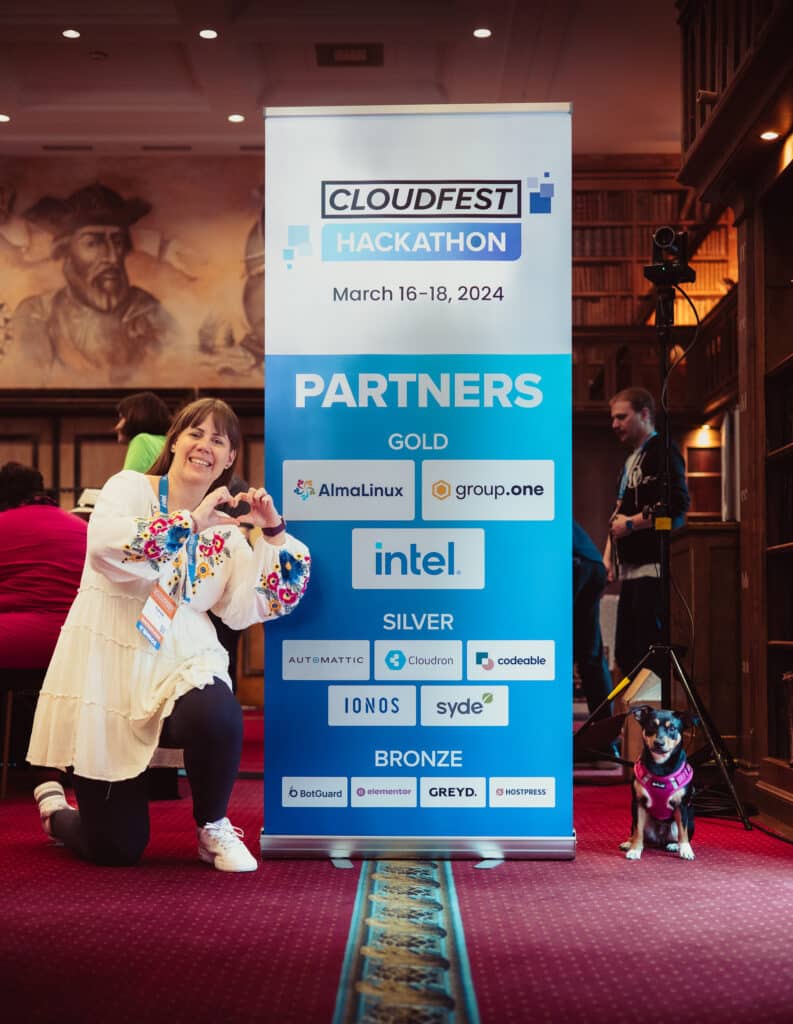
This collaboration underscored the hackathon’s ethos: leveraging technology not just for innovation, but for meaningful, real-world impact. Their belief in the power of community and support of open-source technology is truly inspiring.
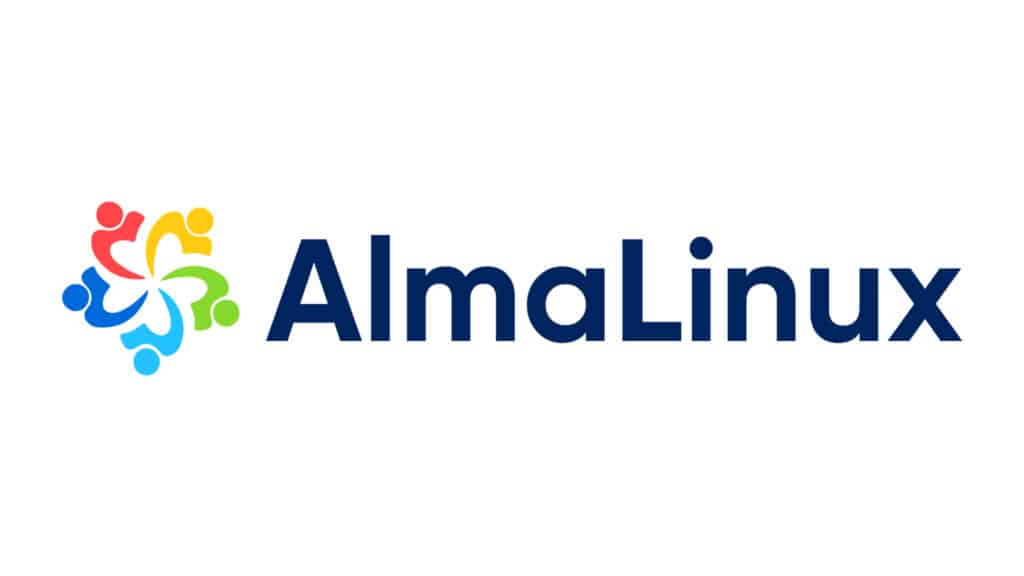


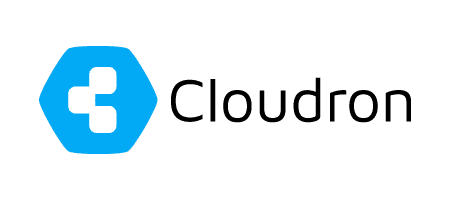


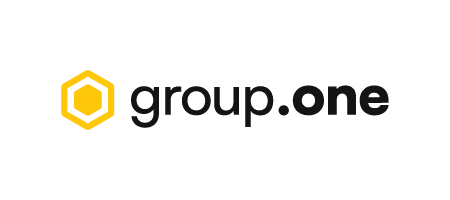
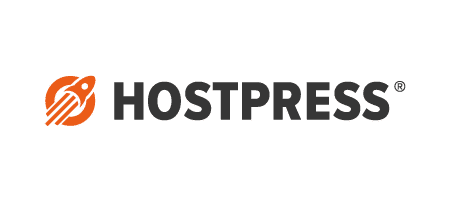
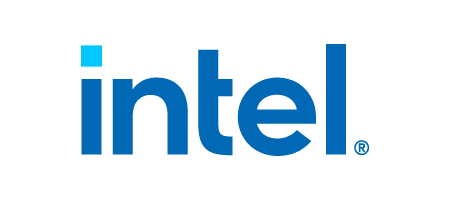

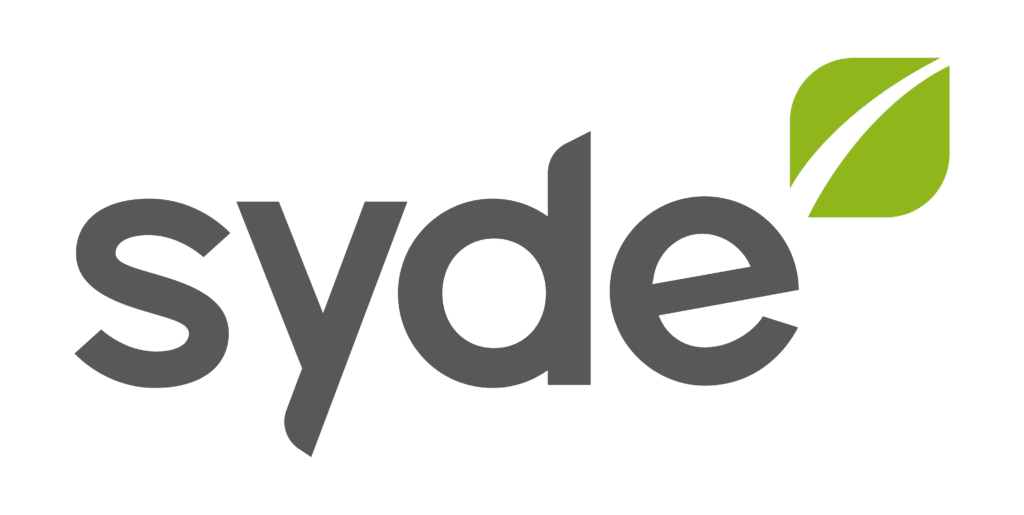
CloudFest Hackathon 2024 Awards
The CloudFest Hackathon 2024 culminated in a ceremony that not only celebrated the technological achievements of our participants but also their profound impact on the community and open-source innovation. Here’s a spotlight on our winners, who stood out for their creativity, teamwork, and commitment to a better web.
Our collective contributions raised €4,500 for Groundbreaker Talents, fostering future talent in technology.
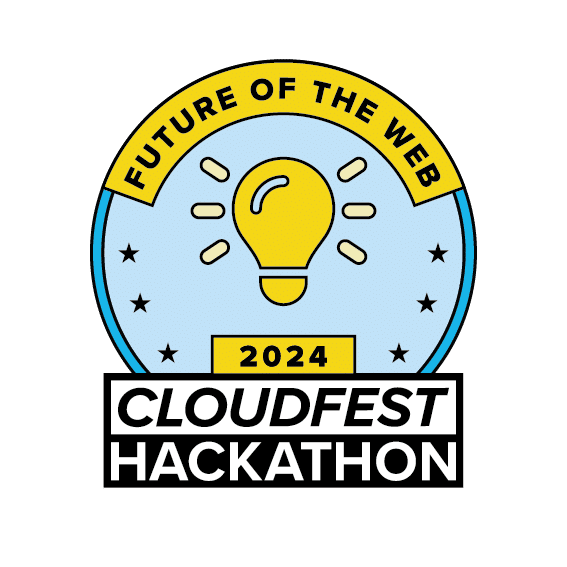 | Future Of The Web Award: Integrate MariaDB Catalogs with PHP Platforms |  sponsored by wp.one | Awarded to the team whose innovative project forecasts the future of the web through technological foresight and explores new problems and new approaches to solving them. |
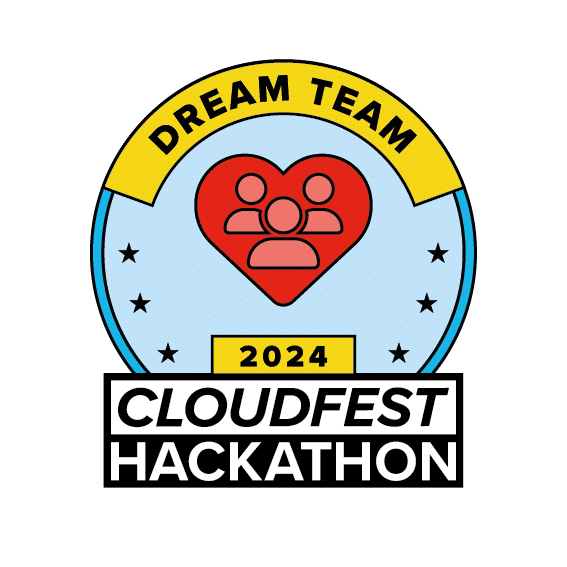 | Dream Team Award: Follow The Money (Public Sector Website Funding Transparency) |  sponsored by Codeable | For the team that demonstrates exceptional teamwork, collaboration, and communication throughout the hackathon. |
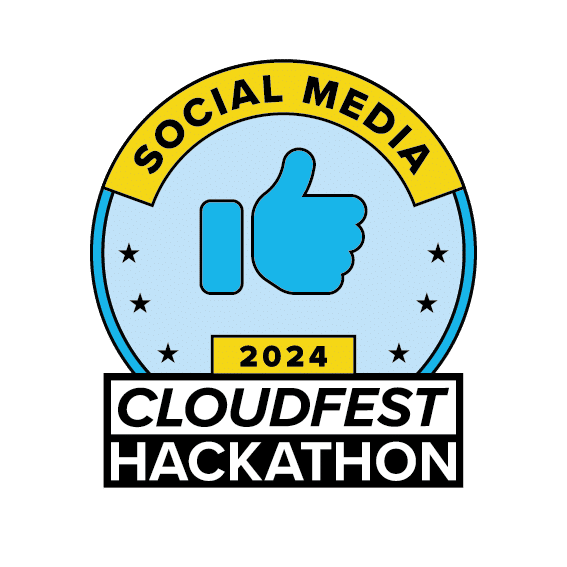 | Social Media Master Award: Can Everyone Use ____? |  sponsored by one.com | Highlighting the team that creates the most buzz on social media during the hackathon. |
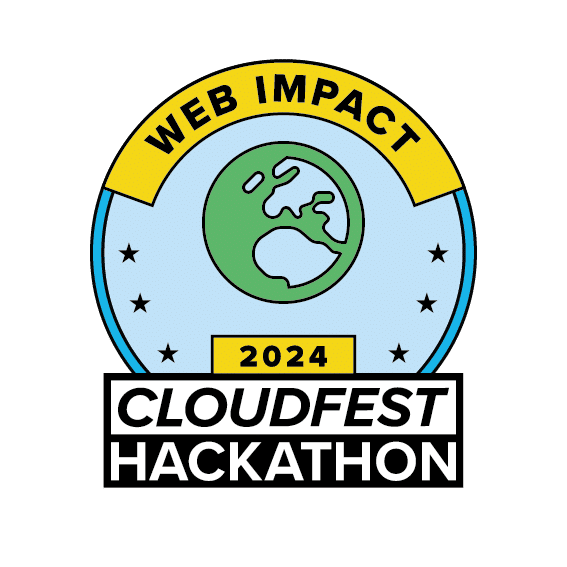 | Web Impact Award: Can Everyone Use ____? | sponsored by wpwartung24.de | Recognizes the team whose project significantly uplifts sustainable, inclusive, and ethical web practices and promises a lasting positive impact on the web and how it is used and evolved responsibly. |
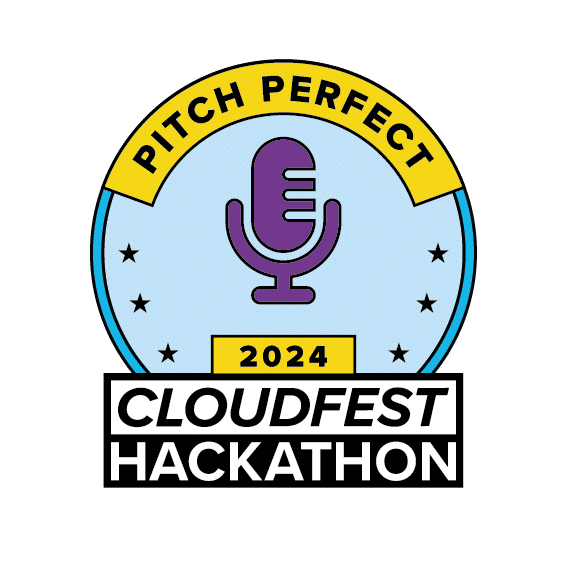 | Pitch Perfect Award: JSON Schema Field/Form Renderer | 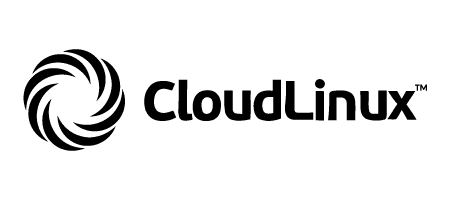 co-sponsored by CloudLinux & imunify 360 | Rewarding the team that delivers the most compelling and engaging project presentation for all. |
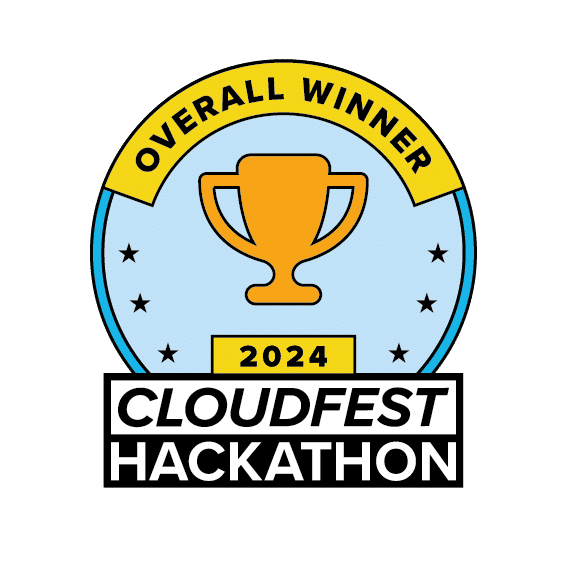 | #CFHack2024 Overall Winner: Can Everyone Use ____? |  sponsored by Automattic | For the team that hacks its way to the top, emerging as the ultimate #CFHack Champion at the CloudFest Hackathon 2024. |
Special mention to our custom-designed winner pins, embodying the spirit of innovation and community that defines CloudFest Hackathon, which was a great surprise for our award-winning teams.
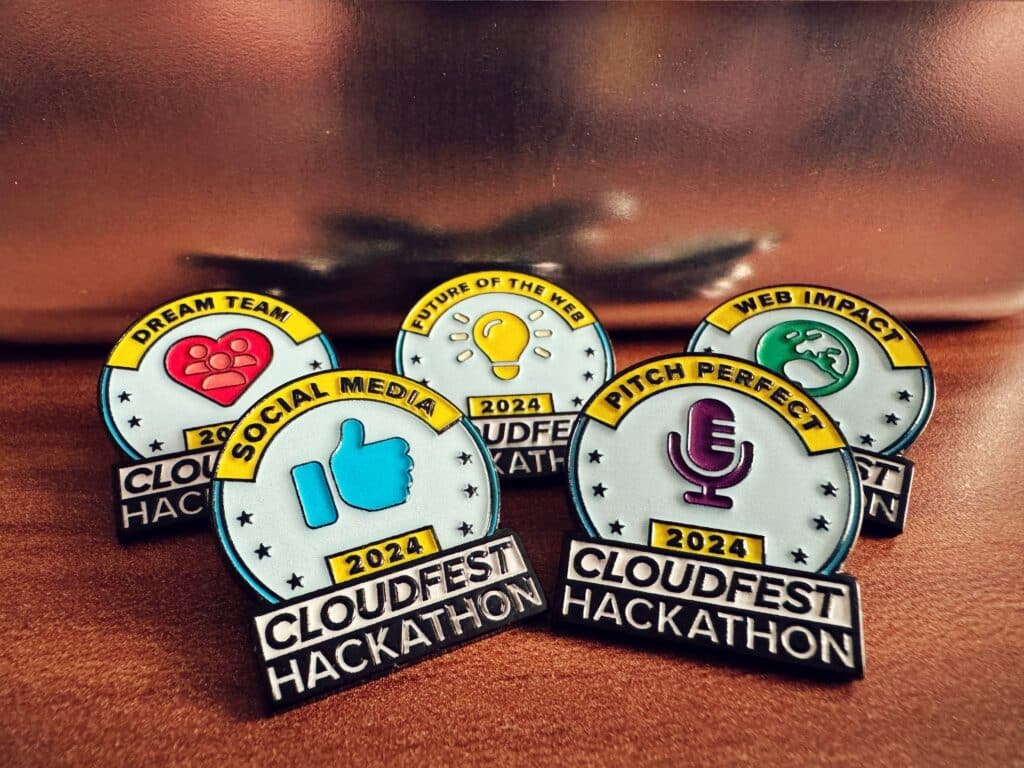
Hack For Good: The Groundbreaker Talents Initiative
At the core of CloudFest Hackathon 2024 was our partnership with the Groundbreaker Talents initiative, underlining our dedication to actionable change and empowerment through technology.
This year, we were honored to host Vanessa from Uganda, not just as a scholarship beneficiary but as a beacon of the tangible impact of our collective efforts. Her involvement in the Follow The Money (aka Public Sector Website Funding Transparency) project and subsequent recognition as part of the Dream Team Award winners highlights the potential for hackathons to effect real-world change and foster global talent.
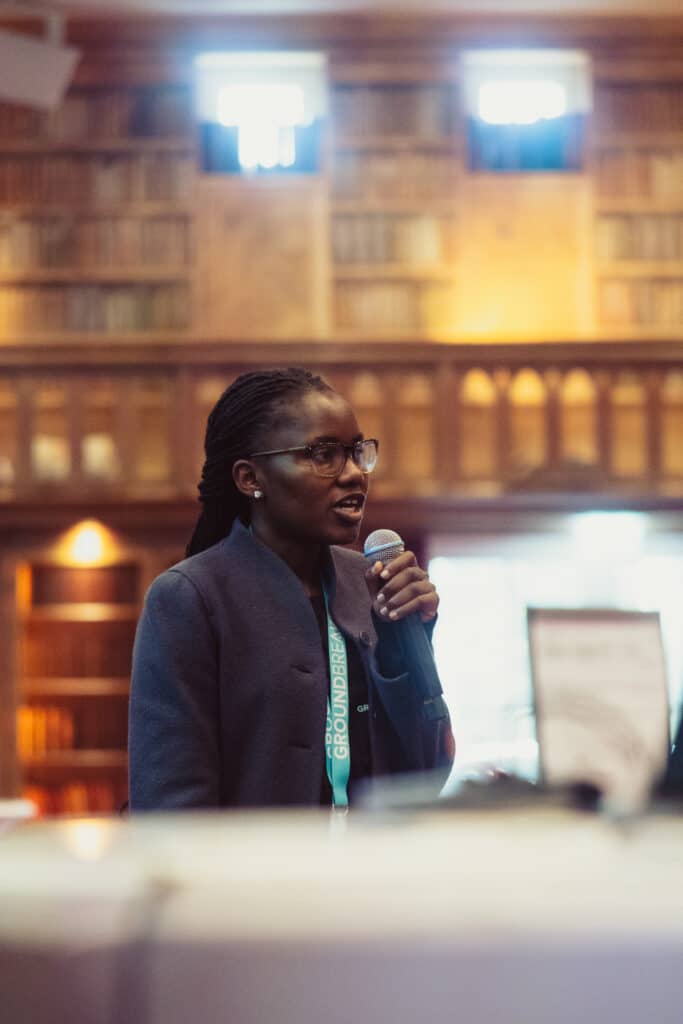
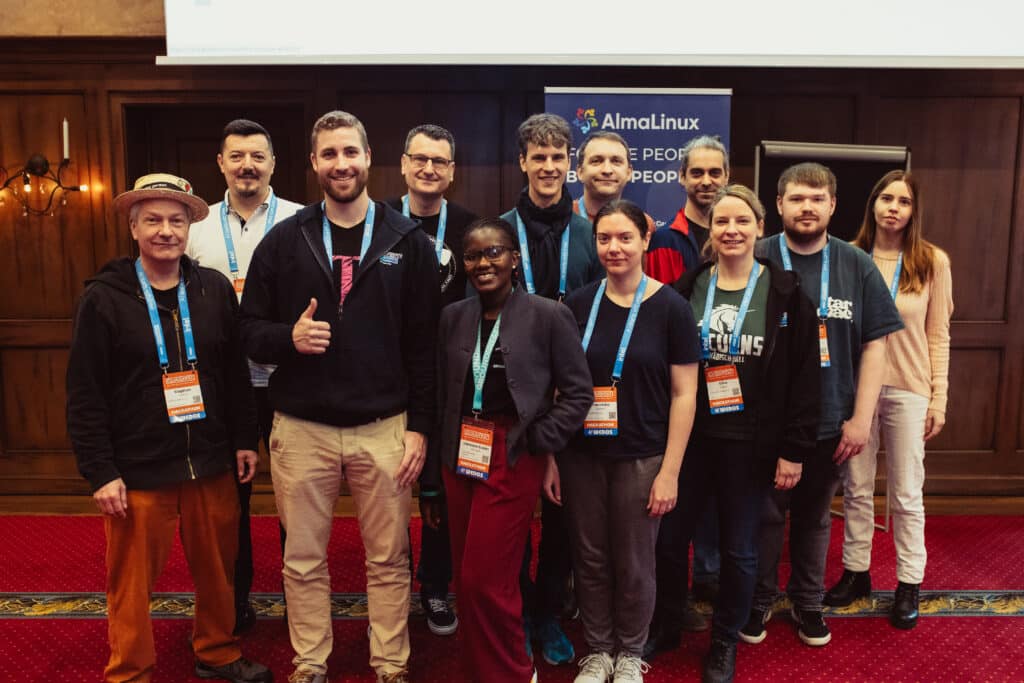
Vanessa’s journey from scholarship recipient to hackathon award winner encapsulates the essence of our Hack for Good ethos, reinforcing our commitment to nurturing the next generation of tech innovators worldwide and contributing to a sustainable, inclusive, and accessible open web.
You can also support the project individually. Donations can be made through the Groundbreaker platform. ☝️
Want to learn more about GroundBreaker Talents? Check out their website here.
Side Events
The CloudFest Hackathon 2024 wasn’t just a marathon of coding and collaboration; it was also a celebration of community, creating memorable experiences and fostering connections beyond the workstations.
This year, our social events provided a perfect balance of fun, networking, and relaxation, underscoring the hackathon’s essence: bringing people together, not just as contributors to a project, but as members of a vibrant and diverse community.
Early-Bird Gathering
We were kickstarting our event on Friday with the Early-Bird Gathering at the Colosseo Hotel with an informal dinner for attendees to meet, share stories, expectations, excitement for the coming days, and set the stage for the collaborative work ahead.
Mario Kart Tournament: Victory Lane
Saturday evening saw the return of the much-loved Mario Kart Tournament, a spirited competition where attendees battled it out for the title of ultimate racer. Congratulations to Laura Herzog, who zoomed past the competition to claim victory in a series of heart-pounding races. Laura’s skillful navigation and strategic item usage crowned her this year’s Mario Kart champion, adding a fun, competitive edge to our hackathon.
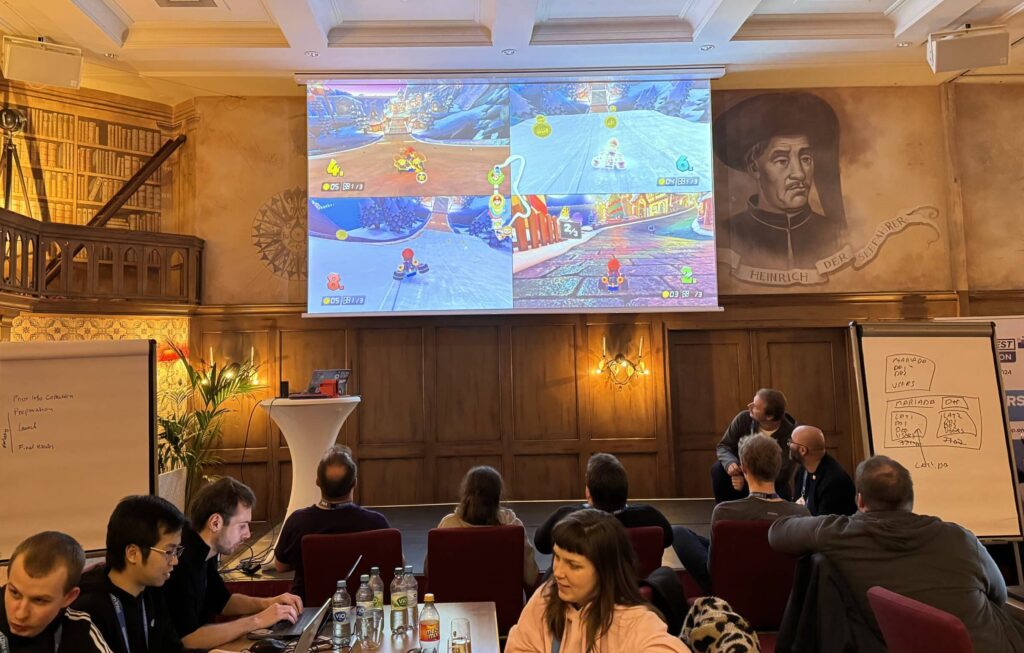
Blue Fire Megacoaster: Breaking Records
Sunday’s thrill ride on the legendary Blue Fire Megacoaster at Europa-Park became an instant classic among our side events. With over 25 launches, attendees experienced the adrenaline rush of one of the park’s most iconic attractions, setting a new record of 13 consecutive rides for the bravest among us. This event pushed the limits of thrill-seeking and provided a unique way to bond over shared exhilarating experiences.

These social events underscored the essence of the CloudFest Hackathon: while we are serious about technological innovation and making a positive impact, we also value the importance of fun, relaxation, and creating lasting friendships. Each laugh shared, and every scream on the coaster contributed to the unforgettable atmosphere of the hackathon.
Media Partners & Coverage
In the realm of media coverage and contributions, CloudFest Hackathon 2024 was significantly enriched by our official media partners, who were instrumental in chronicling the event’s journey and amplifying our achievements.

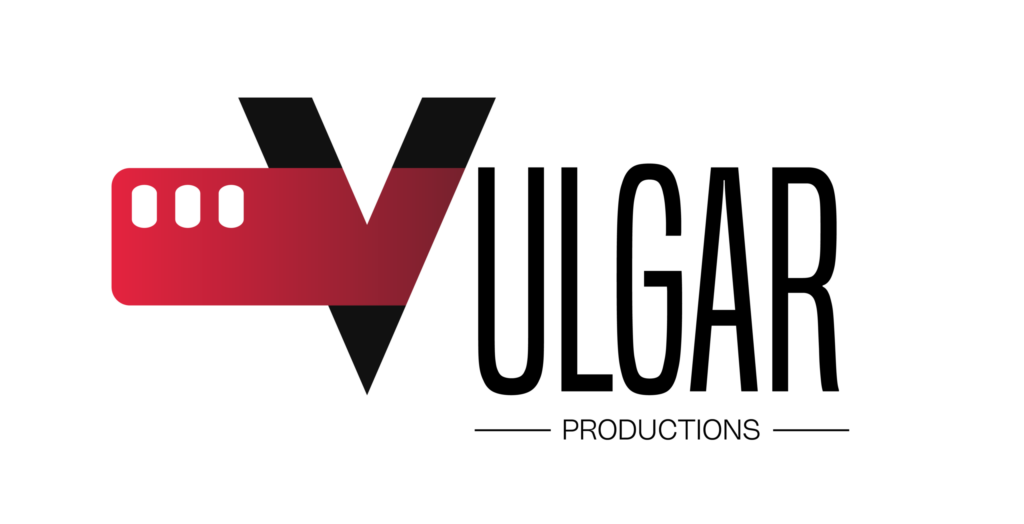
Their contributions, along with our attendees’ active social media engagement, propelled the #CFHack and #CFHack2024 hashtags to over 1 million impressions, showcasing the hackathon’s wide-reaching impact.
Here are some of the results of their work.

Do The Woo
Bod Dunn and his co-hosts recorded and published 6 podcast episodes before, during and after the CloudFest Hackathon (in order of release):
Introducing Groundbreaker, Empowering Women in Tech in Uganda feat. Groundbreaker
You Don’t Need to be a Developer to Join a Hackathon feat. Patricia Brun Torre
Updates from the CloudFest Hackathon 2024 feat. Andrew Hutchings, Anne-Mieke Bovelett, Birgit Olzem, Christian Leucht, Javier Casares, Lucas Radke, Pawel Suchanecki and Robert Windisch
What You Can Expect from the CloudFest Hackathon 2024 Projects feat. CF Hackathon project leads
All Things CloudFest 2024 Hackathon with Christian, Carole and Alain feat. Christian Jäger, Alain Schlesser, Carole Olinger & Robert Jacobi
WordPress and WooCommerce at CloudFest 2024 feat. Jonathan Wold & Tammie Lister
KrautPress
Simon Kraft published a series of interviews and notes on the hackathon and CloudFest on the KrautPress Micro Blog.
Vulgar Productions (Photos)
Roan de Vries presents an amazing photo gallery that visually narrates the hackathon’s story, capturing the attendees’ intense work, joy, and camaraderie.
A large selection of Roan’s photos made it into the official CloudFest Hackathon 2024 Flickr Album here 👇
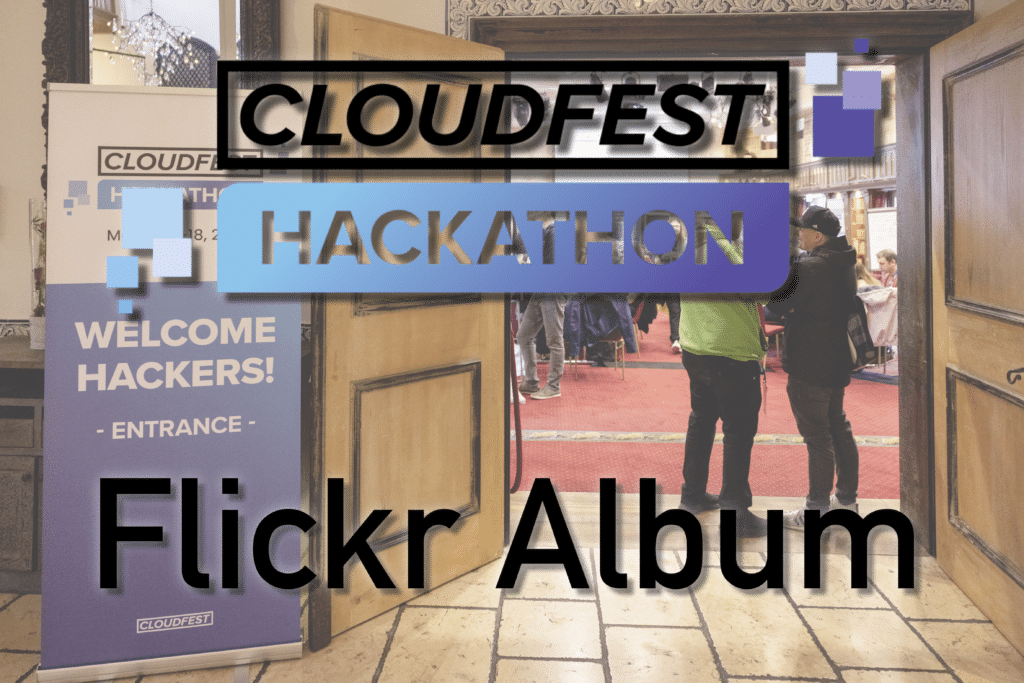
Your Impressions & Stories
But the narrative of CloudFest Hackathon 2024 doesn’t end here! You, the attendees, played a pivotal role in documenting and sharing your unique perspectives and achievements.
Here is a compilation of your blog posts, project websites, and GitHub links creating a rich, multifaceted account of the event’s impact and the technological advancements fostered during our time together:

Matt Biscay
CloudFest Hackathon 2024: the recap
Team Syde, by Thorsten Frommen
Recap: CloudFest Hackathon 2024
Patricia Brun Torre
Cloudfest and Hackathon 2024
WordPress.com blog, by Daniel Bachhuber
https://wordpress.com/blog/2024/04/15/custom-post-types-wordpress-admin/
Team MariaDB, by Andrew Hutchings
MariaDB Wins at the CloudFest Hackathon
Team Codeable, Mike Demopolous
CloudFest Hackathon Recap
Team AlmaLinux, by benny Vasquez
SCaLE 21x, Hackathon, AlmaLinux Day, and CloudFest!
CMS Garden by Stephan Luckow
Public Sector Website Funding Transparency project at Cloudfest Hackathon 2024
Proposal on wp.org by Javier Casares
Proposal: PHPUnit Test Runner with Multi-PHP and Multi-Environment
IONOS Blog, guest post by Andrew Hutchings
MariaDB Foundation’s Success at CloudFest Hackathon with Catalogs Feature
Zeshan Ahmed
LinkedIn Post by Zeshan Ahmed
Andreas Biberacher on LinkedIn (video)
LinkedIn Video Post
We’re dedicated to continually updating this list to include all your contributions.
For that purpose, and If you haven’t already, please share your links in the Mattermost channel, allowing the entire community to explore, learn from, and build upon the work we’ve accomplished together.
What’s Next?
As we set our sights on CloudFest Hackathon 2025, we’re filled with anticipation and excitement for the future:
Mark Your Calendars For March 15-17, 2025!
Stay tuned for updates on this website as we continue to build upon this year’s success, and foster a platform for innovation, collaboration, and positive change in our industry.
If you’re already missing the CloudFest atmosphere and can’t wait until next year, we’ve got great news!
CloudFest USA is just around the corner, set to take place from June 5-8 in Austin, Texas. For all our hackathon attendees and enthusiasts, we’re excited to offer a 10% discount for your registration for all CloudFest USA – and NamesCon Global passes! Dive back into the CloudFest vibes and join us for more groundbreaking discussions and networking opportunities:
In closing, thank you to everyone who contributed their time, expertise, and passion to CloudFest Hackathon 2024!
Your efforts have not only propelled technology forward but have also sown the seeds for a more inclusive, sustainable, and open web. Here’s to continuing this incredible journey together in 2025 and beyond!
Estimated reading time: 29 minutes
